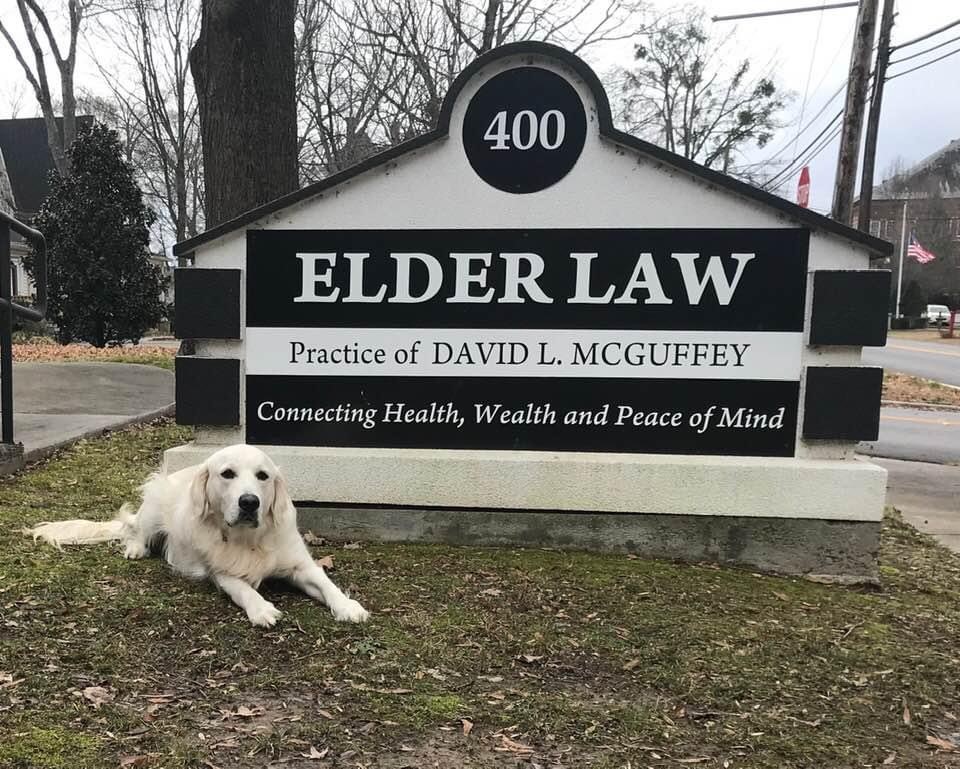Many families assume that one spouse is liable for the other’s debt. In Georgia, that’s typically not the case. O.C.G.A. § 19-3-9 specifically provides that the separate property of each spouse shall remain the separate property of that spouse, except in limited circumstances.
In Walton Elect. Membership Corp. v. Snyder, 226 Ga. App. 673 (1997), a creditor attempted to collect from one spouse a debt owed by the other. Specifically, Deborah Patton had a contract with Walton Electric to provide electricity. Later, she moved in with Howard Snyder, who also had his own contract with Walton Electric. When Howard and Deborah got married, Deborah had an unpaid, past due balance with Walton Electric. After Walton Electric discovered Howard and Deborah were married, it added Deborah’s past due bill to Howard’s account. Howard objected and refused to pay the bill. Walton Electric then disconnected Howard’s power, so Howard sued. In finding that Howard was right, and that he was not liable for Deborah’s debt, the Georgia Court of Appeals cited to O.C.G.A. § 13-5-30. There, Georgia law provides that a promise to answer for another’s debt must be in writing, and signed by the person undertaking the debt. Further, in the Snyder case, the Court found that the contract must be an original obligation. What is that important? Walton Electric tried to claim that Howard signed a membership agreement when he joined Walton Electric. Ordinarily, if a married couple joins, they become joint members. However, Howard joined Walton Electric as a single person and Walton Electric was not authorized to unilaterally change the agreement just because he was married. To create a joint obligation, a new contract, with new consideration, would be required if Howard was to become liable for Deborah’s debt.
So how might someone become liable for the debt of another? Obviously, the first way would be to sign the agreement that was missing in the Snyder case, a guaranty. Another way is under the theory of fraudulent conveyance. A conveyance from one person to another might be fraudulent if it is done for the purpose of evading legitimate debts. For example, Mr. Black owes $25,000 to his credit card company. Rather than paying his debt, Mr. Black transfers substantially all of his assets to his daughter, Jane. A creditor might follow the assets and sue Jane since the conveyance was for the purpose of defeating a creditor claim. Other acts where a family member improperly uses assets, such as self-dealing under a power of attorney, might also create personal liability, but the general rule is that each individual is only responsible for his or her own debt.

























